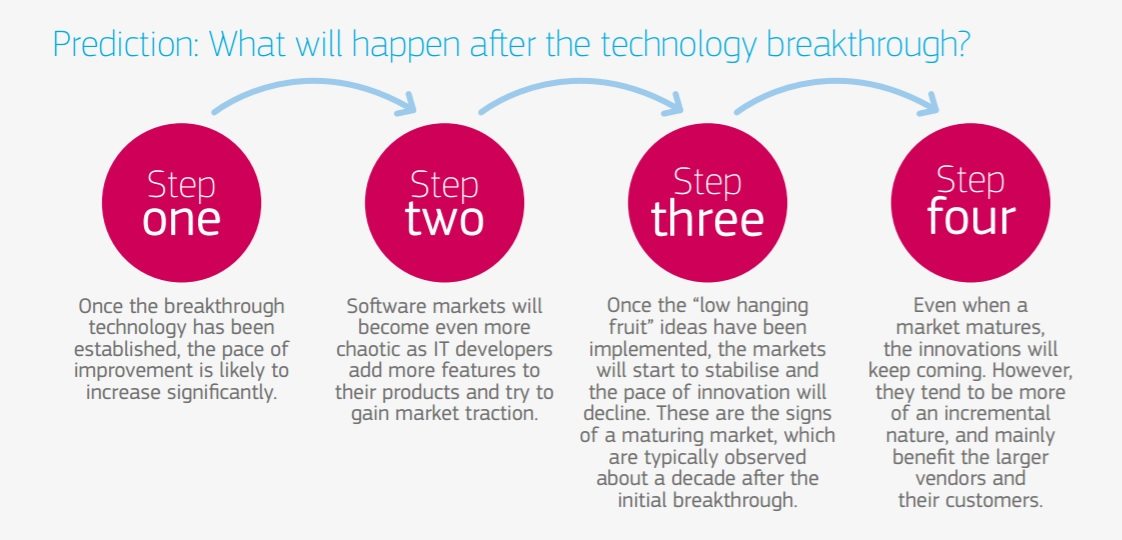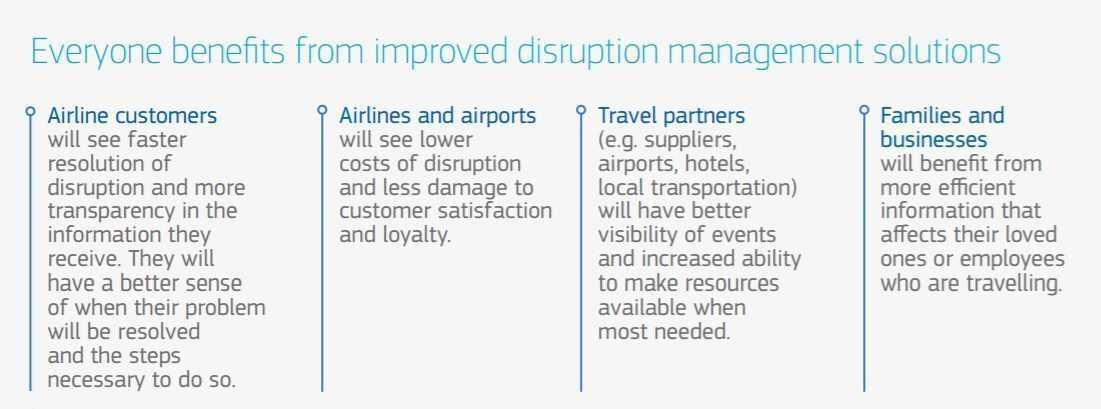T2RL, Amadeus to curb flight disruption costs
According to a new report by airline IT consultancy T2RL and commissioned by Amadeus, a provider of advanced technology solutions for the global travel industry, flight disruption is bound to be an increasingly expensive operational problem for airlines, airports and hotels as the number of annual air passengers is set to increase to 7.3 billion by 2034.
The report, Shaping the future of Airline Disruption Management (IROPS), seeks to address this by gathering insights and trends in disruption management for airline IT systems from leading experts across the travel industry.
“There is every reason to believe the historic challenge of re-routing planes, crew and passengers during disruption will finally be addressed over the next several years,” commented Ira Gershkoff, Principal Consultant, T2RL and the report’s author.

 A panel of senior figures from across the industry are expected to discuss the report’s findings during a session at IATA’s World Passenger Symposium happening today.
A panel of senior figures from across the industry are expected to discuss the report’s findings during a session at IATA’s World Passenger Symposium happening today.
“After a period of limited investment, the will has once again returned across airline boardrooms, driven in large part by the need to deliver reliably on ancillary product sales. What’s important is that service providers across the entire industry are collaborating to mitigate the impact on the traveler,” Gershkoff added.The report states that flight disruption costs the travel industry about 8% of its global revenues every single year. With the number of annual air passengers set to increase to 7.3 billion by 2034, flight disruption is bound to become an increasingly expensive operational problem for airlines, airports and hotels to solve.
The Resolution
Attempts to solve this problem through automation have not had much success. There are a variety of reasons for this, but the report identifies the underlying complexity of all of the component parts as the major culprit. Hence it recommends a technology breakthrough. The report suggests that an increased motivation of air-line boardrooms to invest in addressing disruption management combined with increasing attention and promising initial proof of concepts from IT vendors indicate a breakthrough is highly likely in coming years.
Julia Sattel, Global Head of Airline IT, Amadeus, said “Disruption management is one of the most significant operational challenges our airline customers face. Any inroad made into this $60 billion a year problem will yield substantial return on investment, not to mention addressing a frustration that tops passenger satisfaction surveys year after year. Needless to say, Amadeus technicians and engineers are working to solve the disruption management challenge right now.”Furthermore, the report observes that collaboration is critical to have an integrated approach. Better communication between operations managers, airports and airline service companies will lead to greater collaboration. Hence, the paper illustrates how developing disruption mitigation tools is becoming more of a priority, with solutions being sought in a variety of areas – from moving to automated rather than manual back-end processes, to finding ways to serve passengers in more efficient, proactive ways.
 A panel of senior figures from across the industry are expected to discuss the report’s findings during a session at IATA’s World Passenger Symposium happening today.
A panel of senior figures from across the industry are expected to discuss the report’s findings during a session at IATA’s World Passenger Symposium happening today.
